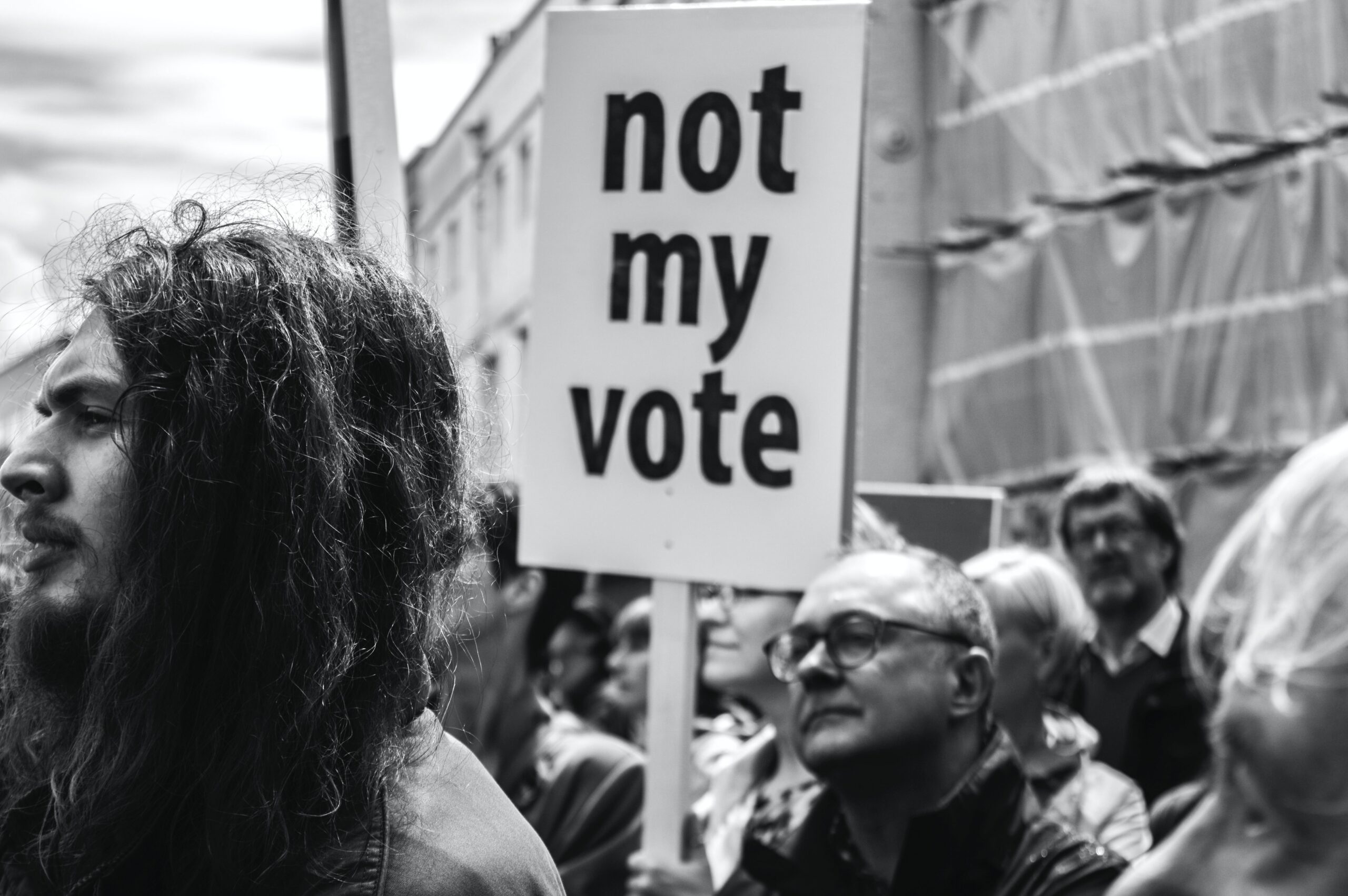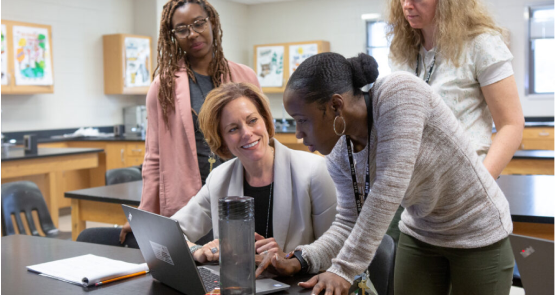Contact: Kent Fischer, [email protected]
WASHINGTON, D.C. – A new survey published today finds that only 14 percent of Americans would earn a grade of “B” or higher when assessing their knowledge of elections and basic voting facts. A majority – 56 percent – would earn a grade of D or F. This lack of knowledge appears to contribute to distrust in our elections, and may make disinformation related to the 2022 midterm elections more effective. The survey found that only 28 percent of people are “very confident” in their ability to spot and check election misinformation.
Conducted by the Reboot Foundation, the survey revealed that:
- Knowledge matters. Those who scored a grade of B or better on the survey’s election quiz were almost twice as likely to express confidence “in the integrity of the U.S. electoral system overall,” and they expressed greater confidence in their abilities to spot election disinformation.
- Tools matter. Overall, people report having few tools or skills to help them spot and check election misinformation. Large numbers rely on “friends and family” and unofficial sources to help them make sense of the news.
- Community engagement matters. Engagement was highly correlated to confidence in our elections and to people’s ability to identify election disinformation. Engaged citizens (those who attend public meetings, protests and rallies, or who communicate with government officials) reported higher confidence in election results and were 67 percent more likely to identify election misinformation over those with low community engagement.
“The better a person’s basic electoral knowledge is, the more engaged they are in their communities, and the more open they are to exploring other points of view, the better protected people are against disinformation,” said Reboot Foundation President Helen Lee Bouygues. “The challenge lies in tackling the current crisis of media literacy in America. We must better equip students and adults with a strong complement of critical thinking tools and a deeper understanding of how elections are run in their communities.”
The survey was conducted in September 2022 and has a margin of error of 5 percent.
###
The Reboot Foundation is devoted to elevating critical thinking. In a time of vast technological change, the foundation aims to promote richer, more reflective forms of thought in schools, homes, and businesses. Reboot funds efforts to integrate critical thinking into the daily lives of people, and it conducts surveys, opinion polls and original research. For more information please visit https://reboot-foundation.org/



